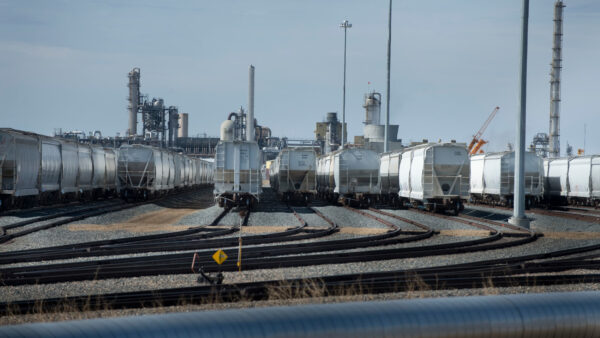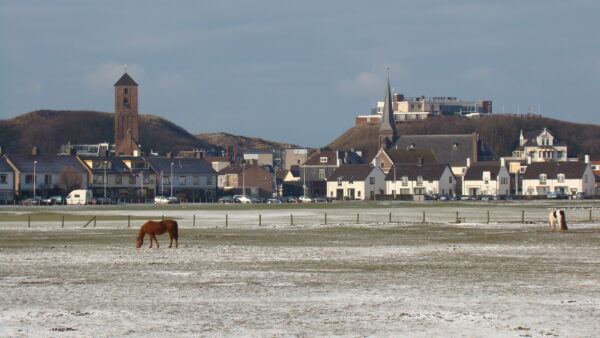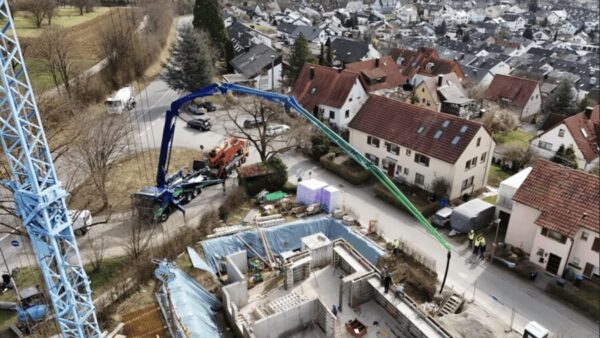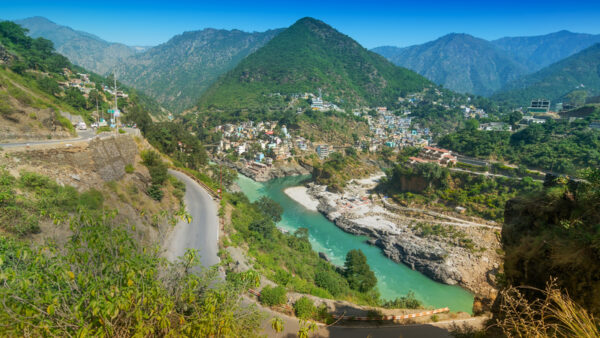The Netherlands Development Finance Company (FMO) has suspended $86m worth of projects in Honduras after the murder of two activists who opposed a project it was sponsoring.
The scheme in question is the Agua Zarca dam, which is being constructed on the Gualcarque River in the southwest of the country, on land claimed by the Lenca people.
The project is opposed by the Civic Council of Indigenous and Popular Organizations of Honduras (COPINH). Nelson Garcia, an environmentalist with COPINH, was shot and killed last Tuesday, 15 March. His murder came two weeks after Berta Cáceres (pictured), the founder of COPINH, was shot dead in her home.
The bank released a statement on 16 March calling on the Honduran government to do “anything in its power” to stop the killings.
It said: “FMO is shocked by the news that Nelson GarcÃa has been murdered in Honduras. After the recent violent death of Berta Cáceres, we have called upon the Honduran government to do anything in their power to stop the ongoing violence and killings in their country.
“The right of speech for those who speak up for their rights and the livelihoods of people are of very high value to FMO. Every individual should be safe when defending their position. FMO rejects and condemns any violence against those individuals or groups.”
We have demonstrated again and again in different ways, the barbarism and illegitimacy of this project, from the violation of national and international legislation to the forged signatures, repression and murder of several members of COPINH in this area for opposing DESA’s hydroelectric project– COPINH
The bank said all its activities would be suspended immediately. It added that its chief executive and its director for the energy sector would travel to Honduras and visit the communities around the Agua Zarca project to “get a complete understanding of the current situation”.
FMO is a public-private partnership, with 51% of its shares held by the Dutch state and 49% held by commercial banks, trade unions and other members of the private sector.
Another backer of the scheme, the Finnish Fund for Industrial Cooperation (Finnfund), which provides risk finance for private sector projects in developing countries, has also suspended its involvement in Agua Zarca.
Two other groups, the International Finance Corporation of the World Bank Group and China’s Sinohydro, had already pulled out of the 22MW project.
Agua Zarca is being developed by Desarrollos Energeticos (DESA), a private company set up in 2008 to develop hydropower schemes. The company, which in 2010 was granted a 20-year concession on the Gualcarque River, has previously criticised “vandalism” carried out by members of COPINH.
A statement from COPINH said: “We have demonstrated again and again in different ways, the barbarism and illegitimacy of this project, from the violation of national and international legislation to the forged signatures, repression and murder of several members of COPINH in this area for opposing DESA’s hydroelectric project.”
The US Embassy in Honduras issued a statement last week condemning the murder of “civil society activist Nelson Garcia”.
It said: “We expect the Government of Honduras will fulfil its commitment to lead a thorough and fair investigation and bring anyone connected to his murder to justice.”
The project’s only remaining financial backer is the Central American Bank for Economic Integration (CABEI), which has co-financed a loan for up to $24m to DESA.
CABEI has responded to calls to pull out of Agua Zarca by expressing its confidence “that the facts surrounding the death of Cáceres will be investigated and cleared by the corresponding authorities”.
Berta Cáceres was a member of the Lenca people who had led a three year campaign against the scheme, including road blocks to prevent supplies reaching the site. She was recently awarded the $175,000 Goldman Environmental Prize for grassroots activism.
Photograph: Berta Cáceres, the founder of COPINH, was shot dead in her home (photo courtesy of the Goldman Prize)
Comments
Comments are closed.











When I first worked in San Pedro Sula in 1977 a Honduran friend gave me good advice .
“escucha-me bien: una vida en Honduras vale cinco lempiras..
I see nothing has changed
Prima facie the NDFC deserves the utmost credit and admiration in putting principle before profit, despite possible negative reaction from its shareholders. A rare occurrence in this world.